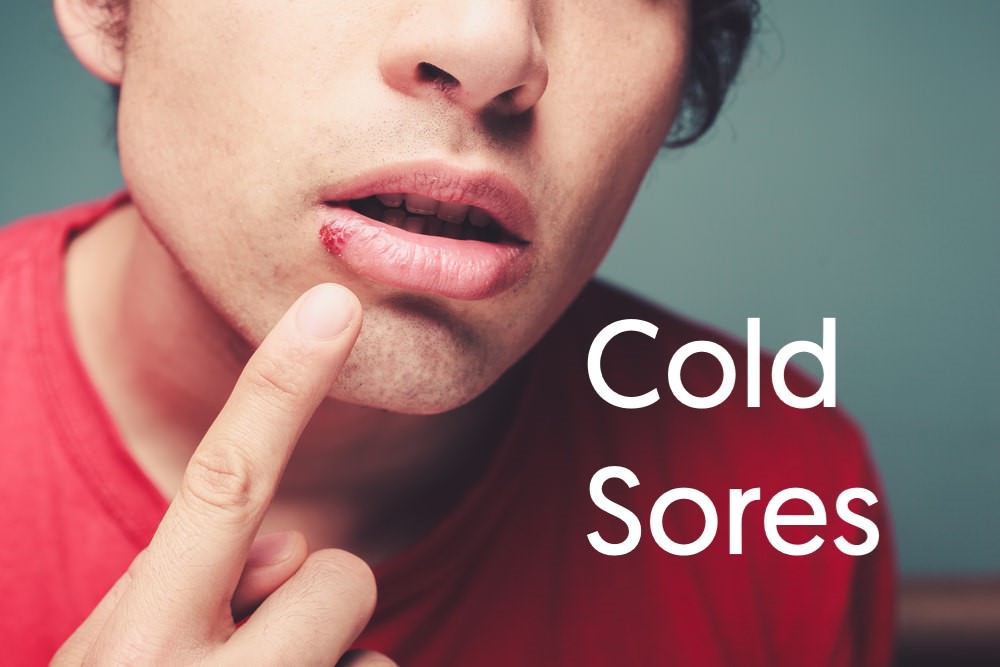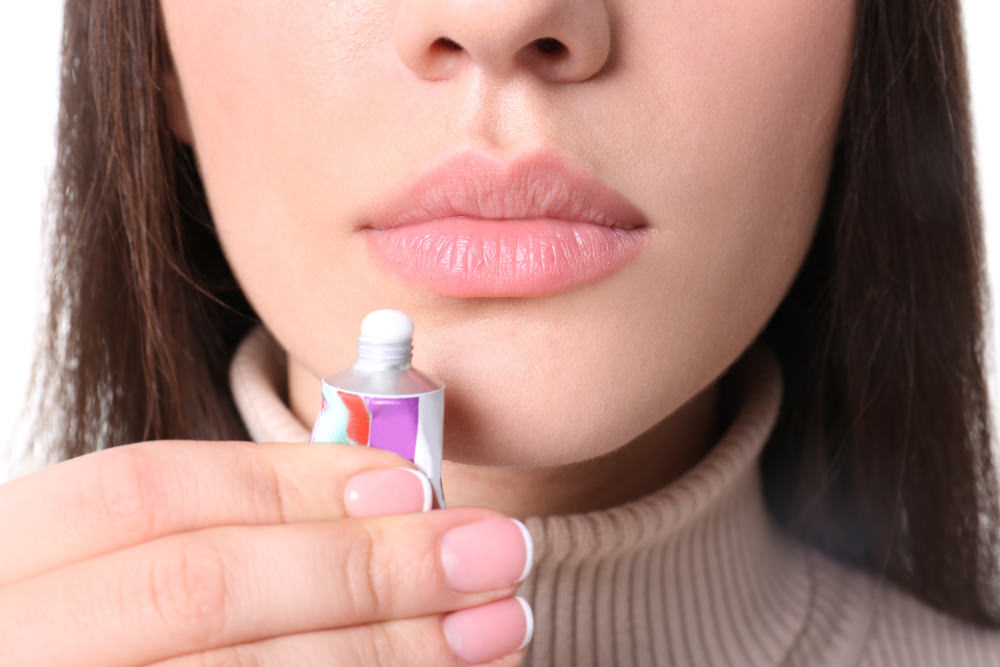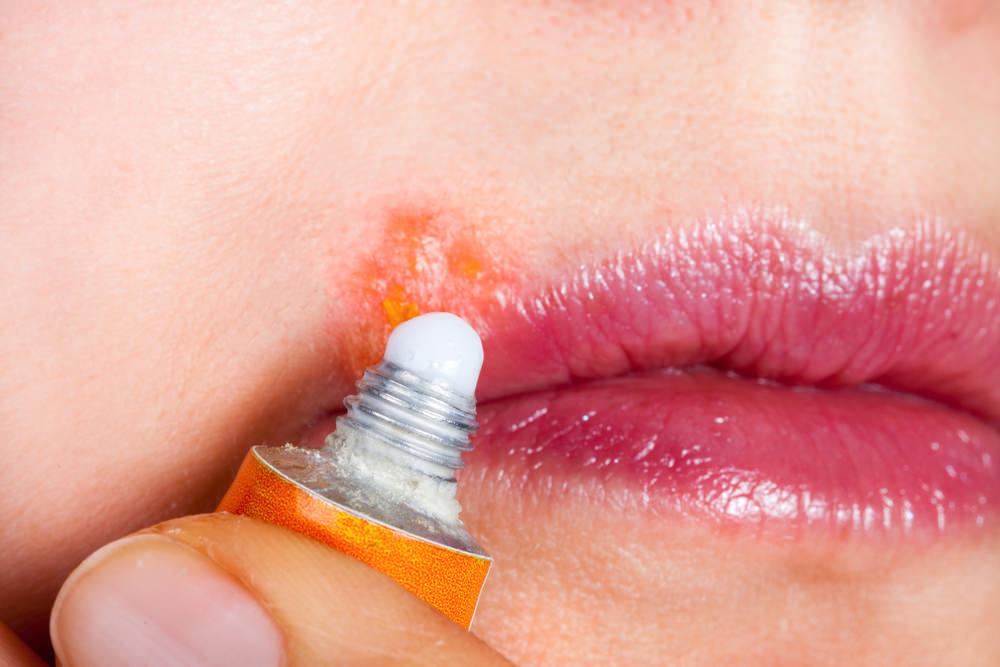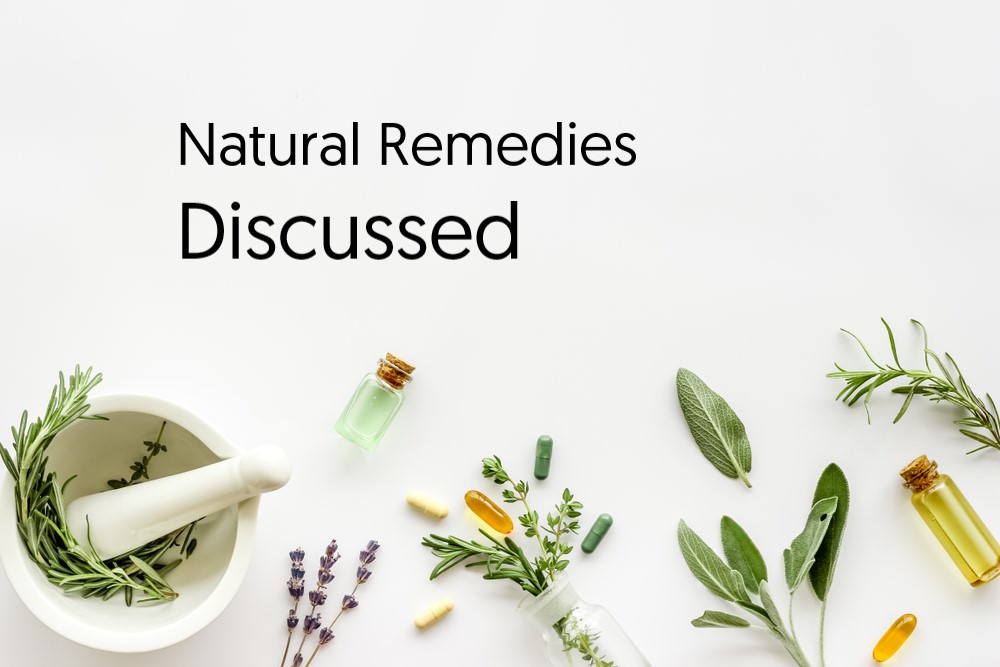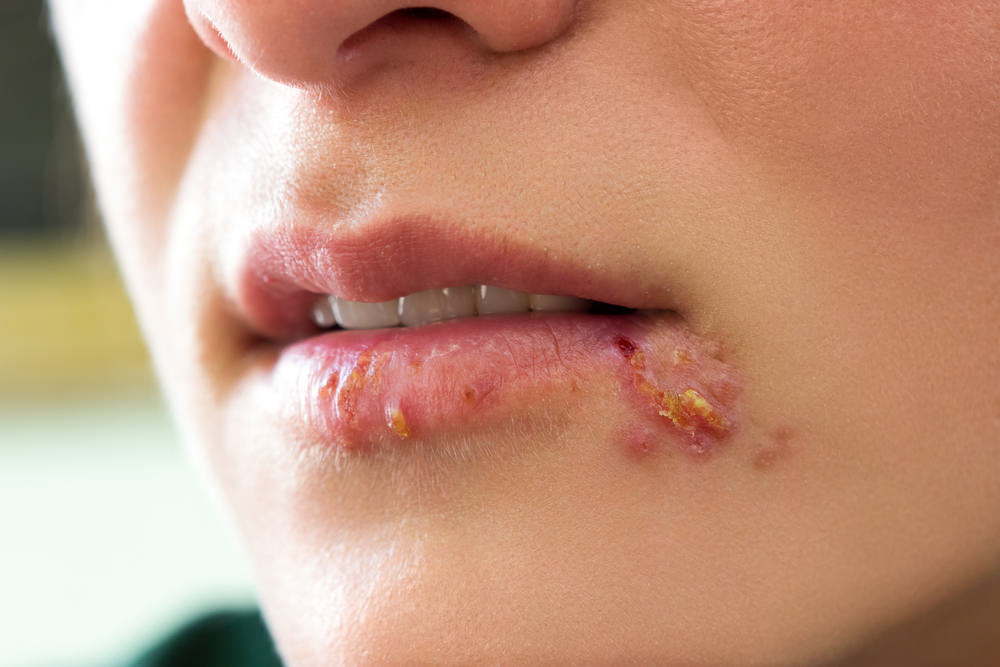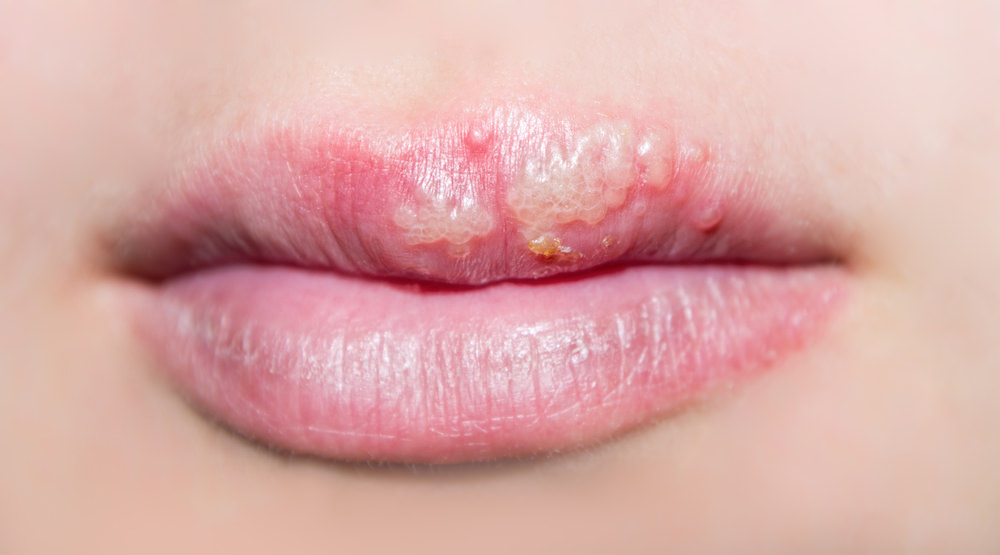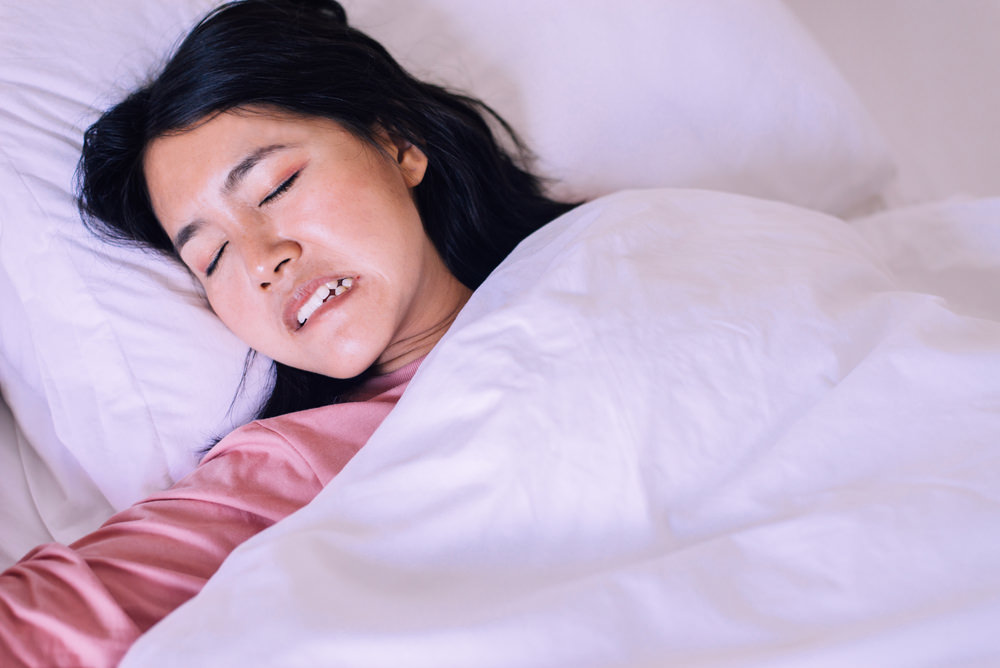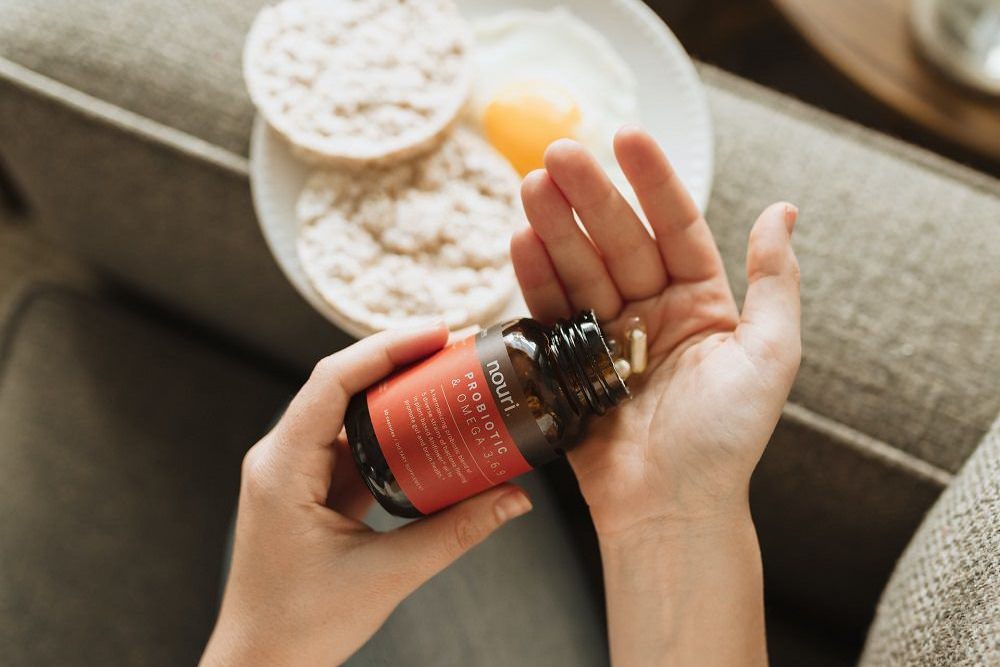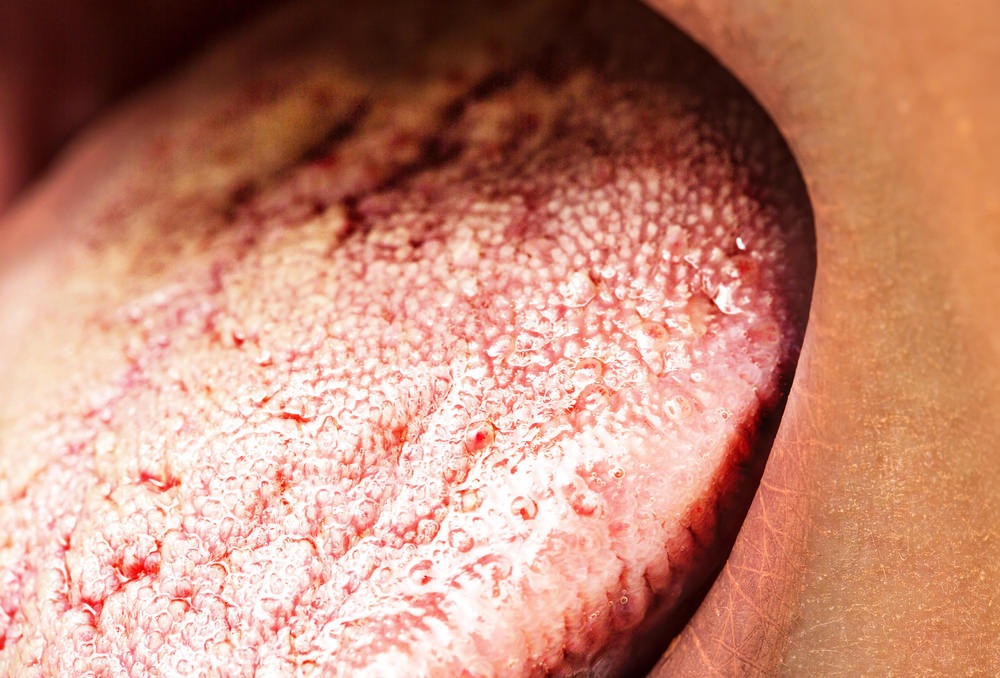Cold Sores – A Guide to Help
Have you ever felt a tingling, itchy feeling on your lip, a few days before a painful spot appears? Well, you’ve had a cold sore.
So, what are cold sores?
Cold sores (sometimes called fever blisters) are typically caused by herpes simplex virus type 1 (HSV-1), but less often so by herpes simplex virus type 2 (HSV-2).
This common viral infection is an outbreak of small, fluid-filled blisters on/near your lips, often clustered together in spots. When the blisters heal, they leave behind a scab that can stay for several days.
Cold sores will typically heal naturally in 2 – 3 weeks. While there is no cure, treatment can help to manage them.
So, let’s get straight into discussing how you can best handle an outbreak of cold sores.
Please note: Information found within this post is intended for informational and educational purposes only. We do not know your individual circumstance and it is advisable and strongly recommended to seek direct advice and consultation with either your dentist or your general practitioner.
How to Best Treat Cold Sores
There is no known cure for cold sores, and many people with the virus scarcely have outbreaks.
But, when cold sores do emerge, there are many ways you can treat them.
When you start feeling a tingly, burning, itchy sensation on or around your lips, this is the best time to start treatment.
This feeling could be several days before the cold sore develops and not everyone receives this warning sign.
You may also experience any of the following symptoms, especially if it is your first outbreak:
- Fever
- Muscle aches
- Swollen lymph nodes
- Sore gums and/or throat
- Swollen lymph nodes
- Headaches
Once the cold sore/s form, you will see a raised, red, fluid-filled blister, that is painful and tender to touch.
Treatment options for cold sores come in many different forms, including creams (see sub-heading “Cold Sore Cream Options and Where to Buy Them From”), and natural remedies (see sub-heading “Natural Cold Sore Treatments Listed”).
These methods are best applied to the blister at the earliest signs of a cold developing.
You may also have the option of getting prescription medications.
However, these are very strong, so may have unpleasant side-effects, including:
- Injuring your kidney
- Causing an allergic reaction
- Hepatitis
This means that they are often saved for those whose immune systems are frail or serious outbreaks of cold sores.
When Should You See a Doctor?
Cold sores will typically clear up on their own without treatment.
See your doctor if:
- Your immune system is weak
- The cold sores have not healed after 2 weeks
- Your symptoms are severe
- One of your symptoms is irritation in your eyes – if this is the case, contact your doctor immediately. Infections caused by cold sores can result in permanent vision loss if not treated correctly
- You frequently experience recurring outbreaks of cold sores
It’s also important to note that research has shown that 90% of adults across the world have tested positive for the HSV-1 virus.
Once you have this infection, you are more vulnerable to reawakening it, if you are undergoing certain factors, including:
- A cold, fever, or other infections
- Prolonged sun exposure
- Stress
- HIV/AIDS
- Menstruation
- Critical burns
- Eczema
- Chemotherapy
- Dental work
These can weaken your immune system, if only for a short period of time.
Cold Sore Cream Options and Where to Buy
Creams to treat your cold sores can be soothing. Applying them on your cold sores can help to reduce their symptoms.
Follow their instructions – generally, they will need to be applied 4 – 5 times per day, for 4 – 5 days.
I have listed below the options you have for cold sore creams in Australia, and where you can purchase them from.
Zovirax
- Your local chemist.
- Woolworths or Coles.
- Amazon
- Priceline.
Nyal Cold Sore Cream
- Your local pharmacy
- Priceline
- Amazon
- Woolworths or Coles
Dynamiclear Rapid Cold Sore Treatment – 2 Pack
- Amazon
- A local chemist
Blistex Antiviral Cold Sore Cream
- Amazon
- Your local chemist
- Priceline
Thursday Plantation Tea Tree Cold Sore Cream
- Your local pharmacy
- Priceline
- Amazon
Betadine Cold Sore Ointment
- A nearby chemist.
- Priceline
- Amazon
Propovir Cold Sore Cream
- Your nearby pharmacy
- Woolworths
- Amazon
Virasolve Cold Sore Cream
This can be bought from:
- Your local chemist
- Priceline
- Amazon
Quantum Health Lip Clear Lysine & Core Sore Treatment Ointment
- Your options for purchasing this are limited to Amazon
Natural Cold Sore Treatments Listed
Many people use natural remedies to try and prevent the itching and tingling feeling from turning into a cold sore.
It is important to understand, it is always beneficial and recommended to go see your doctor if you have any health concerns.
While some of these natural remedies below have not been clinically validated, I will list the most common ones that are being talked about.
Aloe Vera
If you apply aloe vera – either the:
- The gel inside the leaves of the plant
- An aloe vera gel
- An aloe lip balm
To the cold sore 3 times daily, this may bring you some ease.
Lip Balm
A lip balm that contains a lemon extract is a common natural remedy.
Old studies show that lemon balm:
- Helps to defend lips against the herpes simplex virus.
- Reduces many of the symptoms and the healing time of cold sores if used early.
You can check out this one that is available to buy at Amazon.
Baking Soda
A DIY remedy is to mix a little baking soda with just enough water so it forms a paste.
Then, apply this paste to your cold sore, let it dry, before you rinse and pat dry.
Repeat daily, for about a week.
Petroleum Jelly
Petroleum jelly (for example, Vaseline) may help to alleviate the aches and pains of a cold sore.
The jelly helps stop cracking and acts as a protecting barricade against external aggravations.
Salt
Salt is one of the oldest natural remedies you will come across – it draws the moisture out of your cold sore.
But this will be painful. It’s also still unclear whether cold sores heal faster if they are dried out, or kept moist.
Apple Cider Vinegar
This is a popular choice, as studies have suggested that it is capable of fighting bacteria and other germs.
Make sure you dilute this before using it – it is too strong to use directly on a cold sore.
After watering it down, you can then use it 1 or 2 times a day.
Tea Tree Oil
Research, though limited, shows that Tea tree oil does have some potential to resist the herpes virus simplex.
Just like apple cider vinegar, you will want to dilute this before applying it.
Peppermint oil
Laboratory tests have shown that peppermint oil can effectively fight off HSV-1 and HSV-2.
Again, dilute this before you apply it.
Cold Flannels
A flannel that has been soaked in cold water, or wrapped around ice, can be applied to the cold sore.
You may find this soothing, as it removes crust, reduces redness and swelling.
Witch Hazel
Witch hazel is a natural astringent. So, it might help to dry out cold sores.
A study done by Scientists proved that witch hazel has anti-viral properties, which may prevent the cold sores from spreading.
However, it is yet to be determined if cold sores heal quicker if they are kept moist or dry.
Vanilla Extract
Many swear by this remedy – just a little vanilla extract applied to a cold sore.
Pure vanilla extract is alcohol-based, so will work as an astringent, similar to witch hazel.
Thus, it may dry out your cold sore.
Lysine
Lysine is an amino acid that might put a halt to the herpes simplex virus, stopping it from functioning.
A study done in 1987 showed that regularly taking lysine tablets might help to minimise the number of outbreaks, and their seriousness. As well as lower the length of time it takes to heal.
However, this research is not airtight, so it is best to speak to your doctor before taking lysine.
If you get the go-ahead, a variety of lysine tablets can be found at Amazon.
Propolis
Propolis is a resin substance collected from bees off botanicals, then used as an adhesive for crevices in their beehives.
It contains a lot of antioxidants and is believed to have antiviral effects that prevent the herpes virus simplex from reproducing.
A study done in 2002, testing an ointment with 5% propolis on rats and rabbits, showed that active symptoms of an HSV-1 infection improved.
A 3% concentrated version has been made for human use, which you can purchase on Amazon.
Rhubarb and Sage
A 2001 study showed that a cream made of rhubarb and sage may be just as successful at treating cold sores as the cream Zovirax.
The rhubarb and sage cream healed a cold sore in 6.7 days, while Zovirax typically takes 6.5 days.
Honey
Apply unpasteurised honey onto your cold sore 3 times daily.
The antioxidants and enzymes in honey should decrease the swelling and help it heal quicker.
Zinc
Zinc oxide cream could possibly lessen the life of a cold sore.
A 2001 study showed that cold sores treated with zinc oxide cleared up, on average, one and a half days earlier than those given a placebo and had fewer blisters, pain, itching and tingling.
A range of zinc oxide creams can be seen at Amazon.
Toothpaste
There’s a chance that a chemical contained in toothpaste will suppress the herpes virus simplex.
Many kinds of toothpaste contain sodium lauryl sulphate, which can help dry out the blisters that are cold sores.
Unfortunately, there are currently no clinical studies that support this – there are only anecdotal (personal accounts).
Can You Get Rid of Cold Sores in 24 Hours?
Unfortunately, no. It’s not possible – no remedy will cure a cold sore in 24 hours.
However, there is no need to suffer in silence, you can shorten their duration.
By catching it early, when you feel the tingling sensation, follow our tips under the sub-heading “How to Best Treat Them”.
Use the creams and natural remedies that we have suggested, and use them daily.
DO NOT, under any circumstances:
- Touch the cold sore – This may spread the virus. If you accidentally touch the cold sore, wash your hands immediately
- Pop the cold sore – This will make it worse, and possibly spread
- Scrub the cold sore – This will aggravate your skin, and probably cause you more pain
- Pick the scab – See sub-heading “How to Get Rid of Cold Sore Scabs”, where I will elaborate on this
- Kiss or partake in oral sex – See sub-heading “Are Cold Sores Infectious”, where I will expand on this
- Eat spicy or acidic foods – These can burn, and lead to another outbreak
How to Get Rid of Cold Sore Scabs
The cold sore will last for up to 2 weeks, oozing and crusting.
Then the small blisters may merge and burst, and small shallow sores will be left, that will crust over into scabs.
It’s important to avoid picking these scabs, as these can cause another infection, or leave behind a permanent scar.
If you leave it alone, it will fall off within a few days.
It might bother you, but think of the scab like a bandaid – it’s protecting the skin underneath, keeping out bacteria, giving it time to heal.
The best things to do to ensure it falls off itself as quickly as possible are:
- Keep it clean, but don’t scrub – just cleanse gently, with a mild, non-foaming cleanser
- Don’t touch your scab – if you must wash your hands first
- Moisturise your scab with petroleum jelly, to minimise the itching
- Use a warm compress, which will sustain moisture, increase the flow of blood flow, improve skin regeneration, and soothe your skin if it’s itchy
Do these things above should hurry the healing process, and the scab should fall off itself.
Are Cold Sores Infectious? And Easy to Pass On?
Cold sores are highly infectious.
You can get the virus, or pass on the virus, even if there are no visible blisters.
Cold sores are usually caused by HSV-1, whereas HSV-2 is generally responsible for genital herpes.
But either strain of the herpes simplex virus can spread to the face or genitals through close contacts, such as kissing or oral sex.
Cold sores can also spread through sharing food, drinks, or eating utensils.
You can also spread it through the use of personal items such as a toothbrush, towel, razor, or cosmetics (i.e. lipsticks).
That is, basically anything that brings you into contact with the fluid of a cold sore.
To prevent spreading cold sores, you can:
- Avoid close contact and kissing when blisters are present
- Wash your hands carefully before touching yourself or others
- Avoid sharing any items that touch your mouth
- Wash your hand every time you touch the cold sore
- Replace your toothbrush when you get a cold sore, and replace it again when the sore has healed
Conclusion
When you get a cold sore/s, you must let it progress. Most will fade away naturally in 2 – 3 weeks without treatment.
Treating cold sores immediately as you feel their symptoms may diminish their severity and duration.
The sooner you begin treatment, the more chance you have of suppressing the outbreak.
It’s important that you always apply any creams or natural treatments with a clean swab or cotton ball – never your hands.
If you got a cold sore what would you use to treat it?
By Anthony Cade
Created at November 05, 2020, Updated at January 25, 2025


